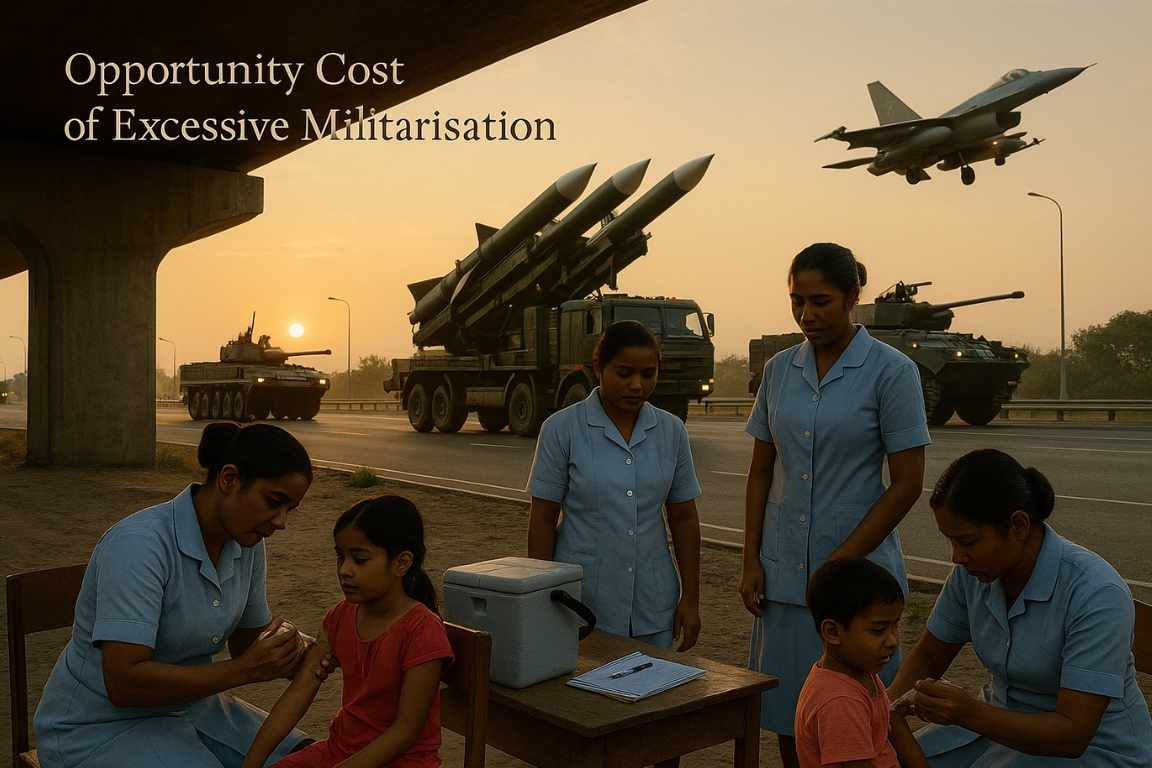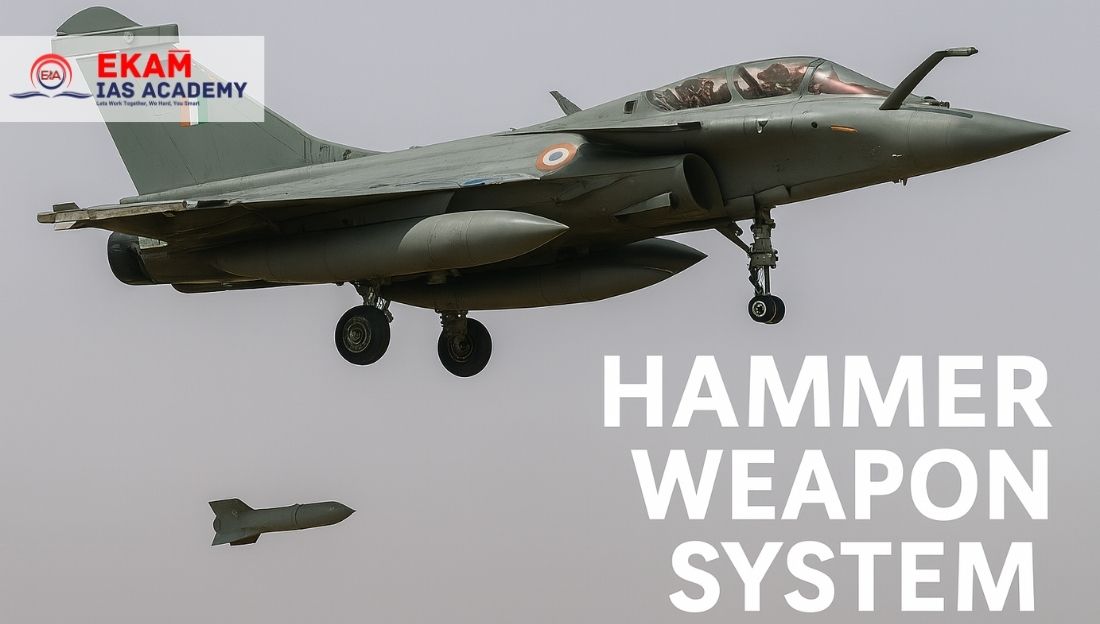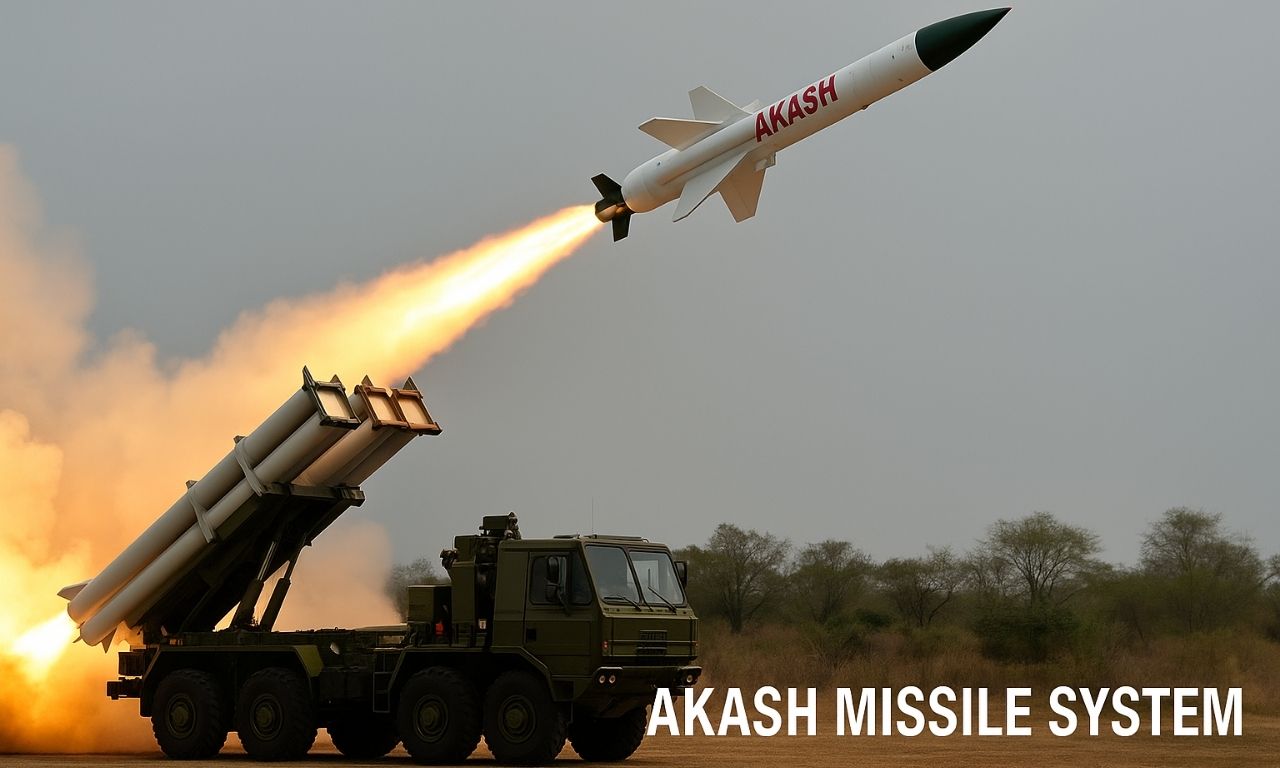The United Nations has warned that rising global defence spending could be redirected to end poverty, hunger, and support climate adaptation, underlining the trade-offs of excessive militarisation.
Global Militarisation Trends
- Concentration of Spending – The US, China, Russia, India, and Germany account for nearly 60% of worldwide defence budgets, creating an uneven global security order.
- Nuclear Stockpile – Nine nuclear-armed states collectively hold around 12,241 warheads (2025), deepening the risk of escalation.
- Regional Build-ups
- Europe: Sharpest growth, up by 17% in 2024, mainly due to the Ukraine war.
- Asia-Pacific: Arms race driven by the US-China rivalry and India’s strategic commitments.
- Middle East: Among the highest per-capita defence spenders, fuelled by prolonged conflicts.

Opportunity Costs of Militarisation
- Developmental Trade-offs : Just 4% of global defence budgets could wipe out hunger by 2030. 10% could ensure universal healthcare and primary education.
- Redirecting 15% ($387 billion) could fully cover climate adaptation needs of vulnerable nations.
- Arms Race and Insecurity – One nation’s defence build-up triggers rival spending, creating a security dilemma without ensuring real peace.
- Humanitarian Concerns – Military funding reduces resources for poverty alleviation, nutrition, and essential services, prolonging suffering.
- Environmental Impact: Military industries contribute nearly 5% of global CO₂ emissions, more than civil aviation. Developed countries spend 30 times more on defence than on climate finance, undermining collective climate security
Case Studies of Conflict Impact
- Ukraine-Russia War – Since 2022, emissions from warfare and reconstruction have released 175 million tonnes of CO₂.
- Gaza Reconstruction – Rebuilding efforts may emit around 60 million tonnes of CO₂, equal to the annual output of nations like Portugal or Sweden.
Way Forward
- Rebalance Budgets – Allocate part of defence cuts (peace dividend) towards education, healthcare, renewable energy, and disaster preparedness.
- Strengthen Global Commitments – Developed nations must scale up ODA and climate funds to help poorer countries.
- Prioritise Diplomacy – Investing in dialogue, conflict prevention, and mediation reduces the need for costly militarisation.





